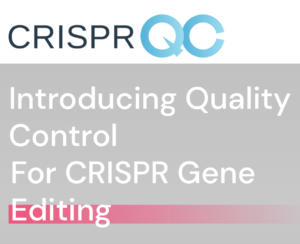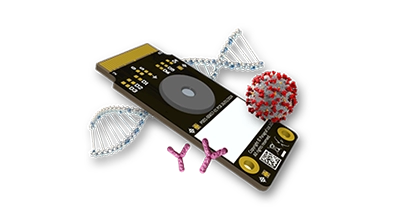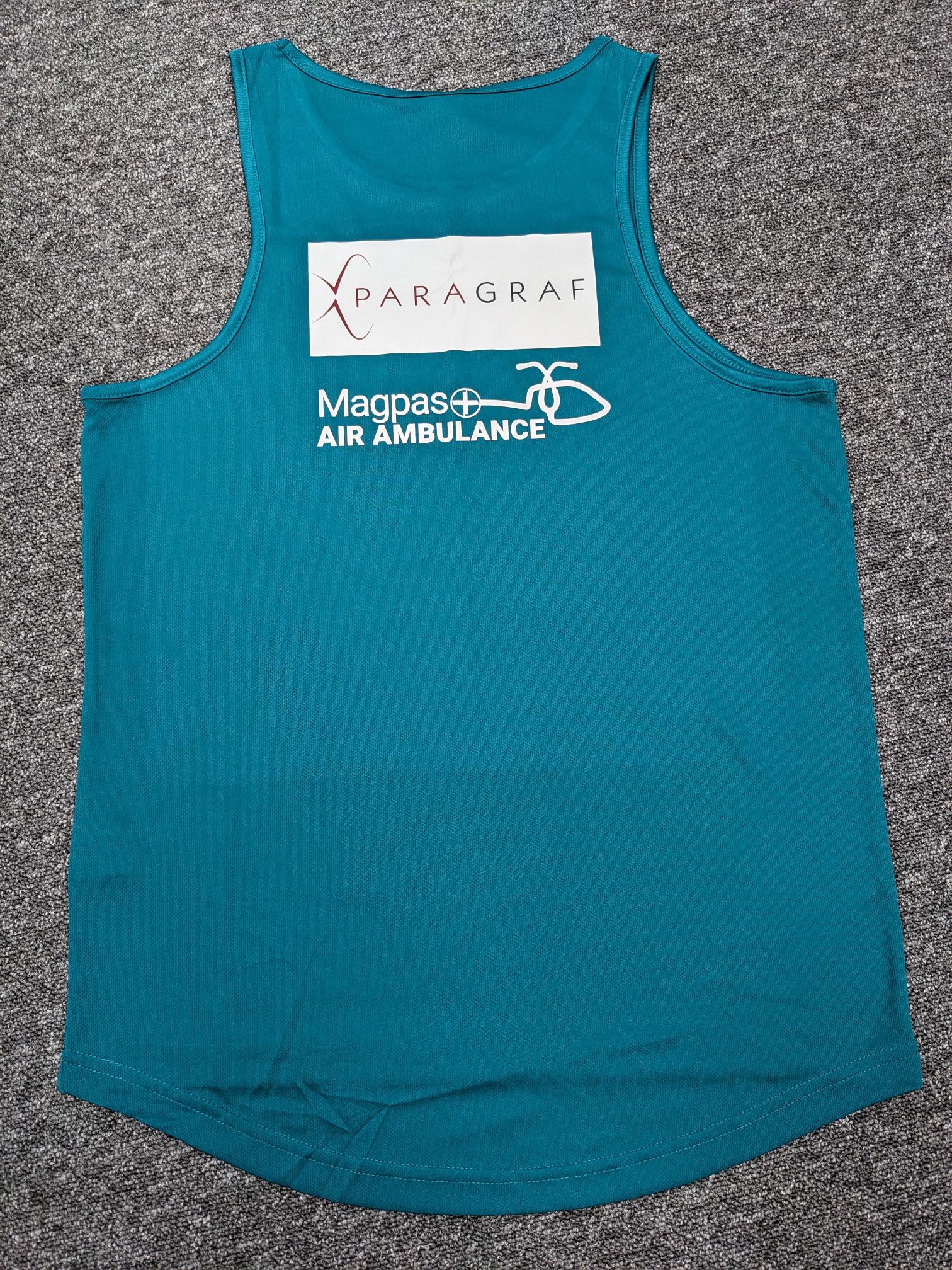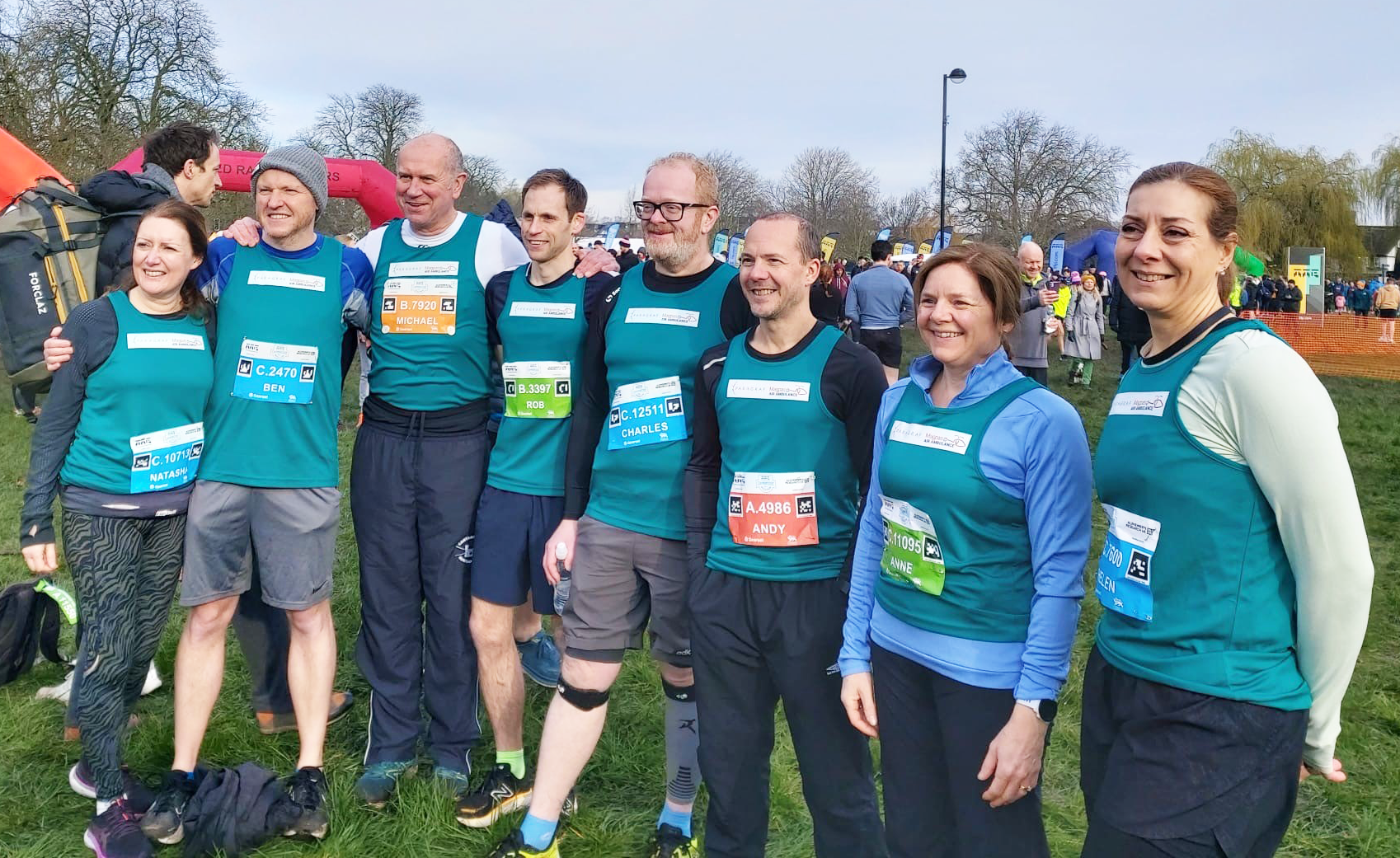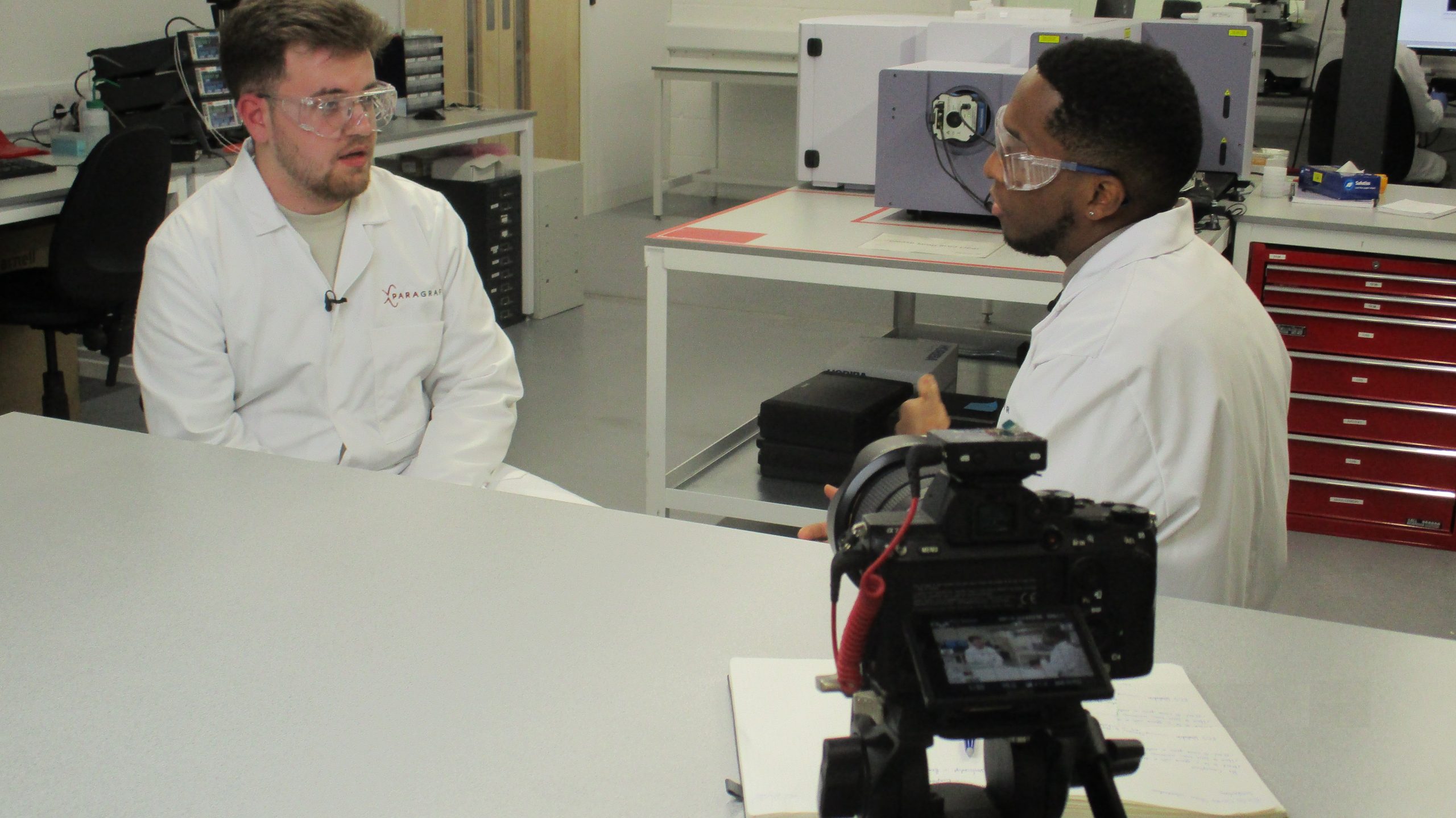An exciting and inspiring session with our Chief Scientific Officer, Kiana Aran, on the future of CRISPR technology – a Nature Awards Webcast Q&A session by the editor in chief of Nature, Magdalena Skipper.
Winner of the 2021 Scientific Achievement category, Professor Kiana Aran’s research merges biology and nanotechnology to scrutinise biomolecules in real time, in real life. In practical terms, she develops groundbreaking technological tools to improve human life, like the world’s first DNA Search Engine, built on her CRISPR-chip invention. She and her team are engineering next generation nanoelectronic tools to develop solutions for advancing basic and translational research. Her passion lies in developing nanoelectronic devices that have enhanced electrical, chemical, and biophysical properties, and combining them with biology to develop tools that address unmet needs in basic and translational research.
This post was originally published at https://www.cardeabio.com/news/nature-awards-webcast-kiana. Cardea Bio was acquired by Paragraf on 2 May 2023.


